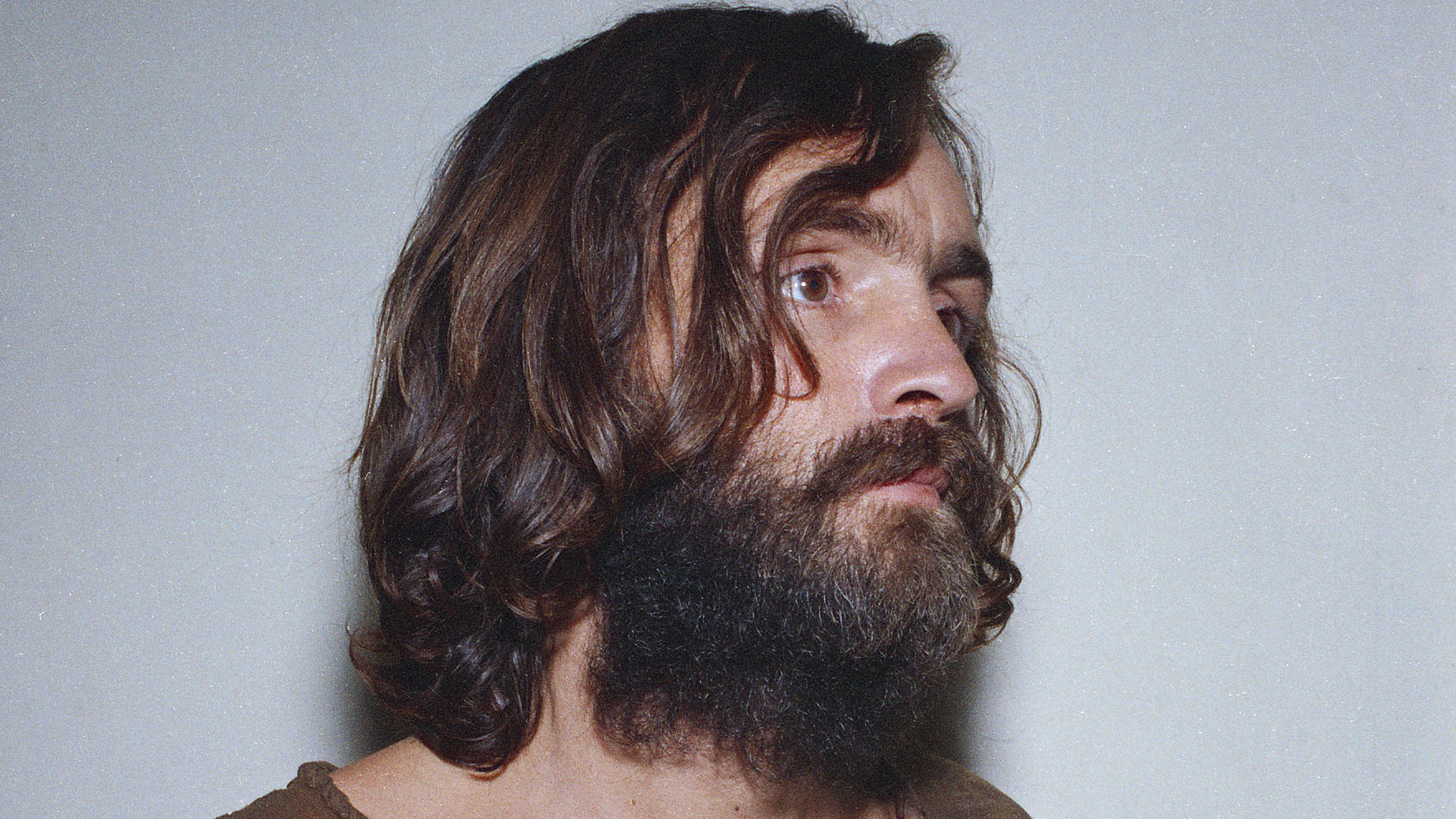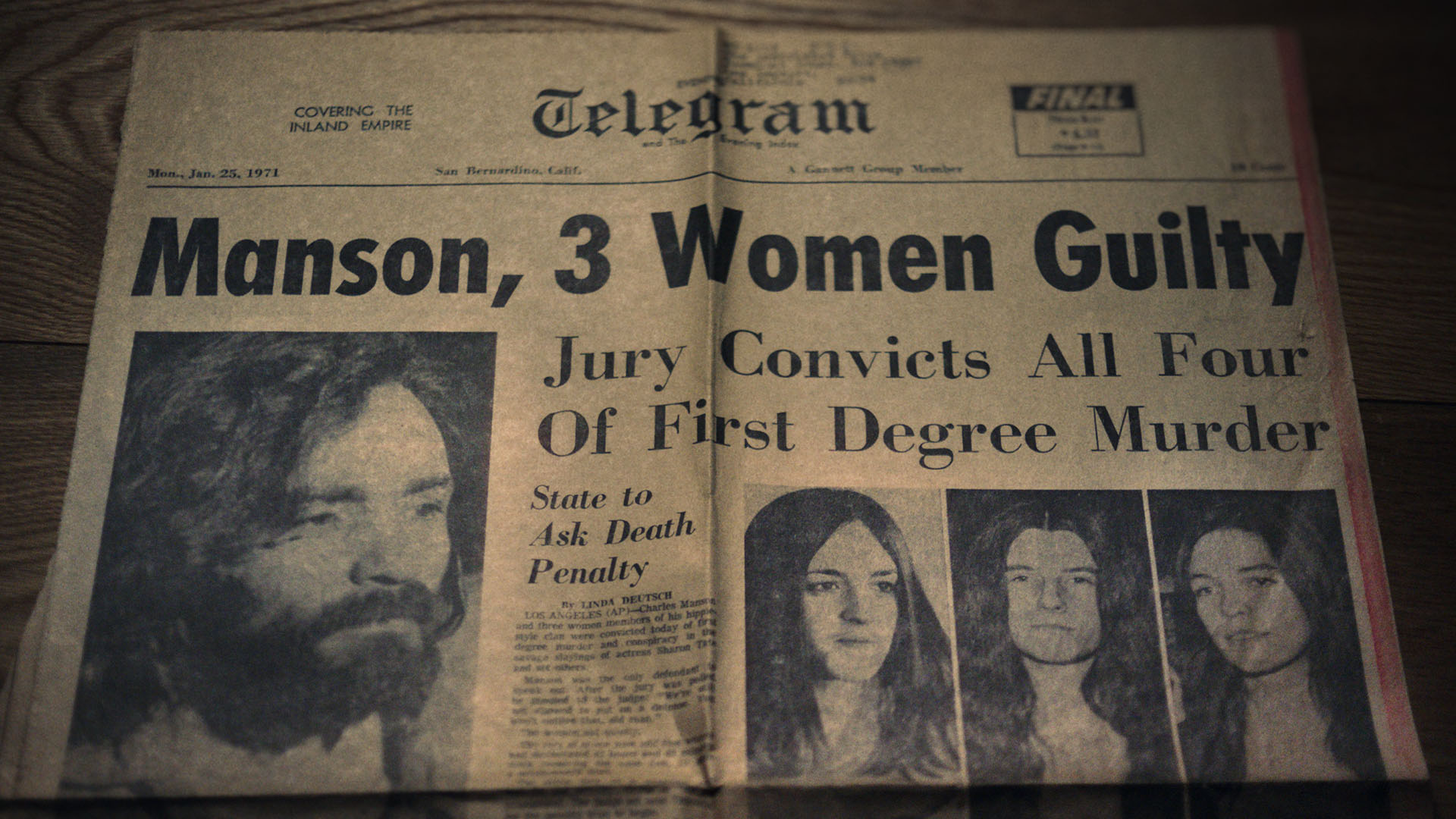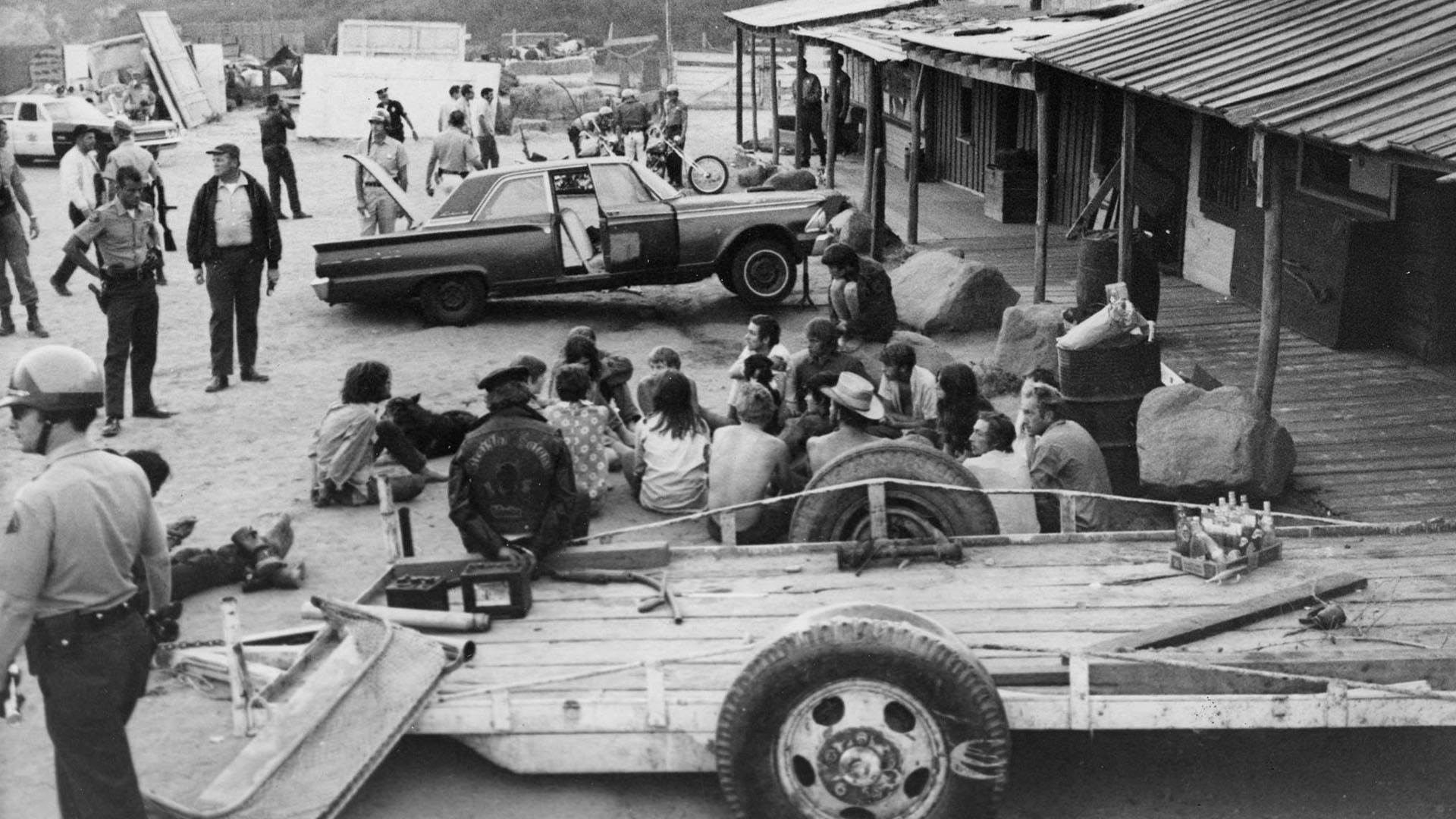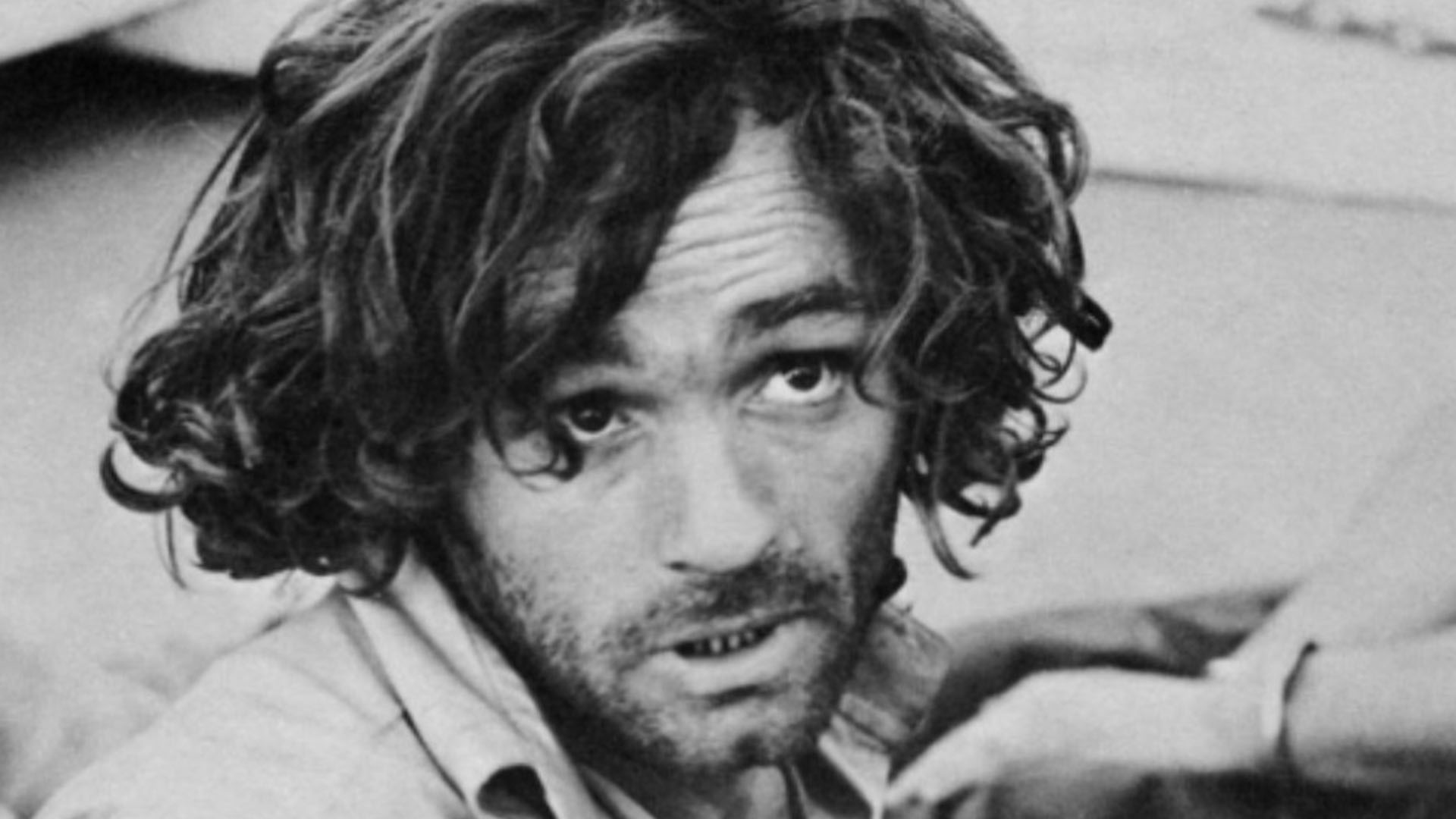Helter Skelter: An American Myth charts the rise of cult leader Charles Manson
Think you know Charles Manson? think again.


Charles Manson and his followers are the subject of new documentary series Helter Skelter: An American Myth – streaming on Neon. Katie Parker is impressed with its detail, which offers a clearer – if not any less complex – picture of murder, tragedy, and society’s obsession.
It’s been more than 50 years since members of Charles Manson’s cult, the so-called ‘Manson Family’, brutally murdered eight people over two nights at the behest of their leader in 1969.
The culmination of Manson’s years long campaign to cultivate fame, mystique, and cultural significance, all these years later it seems he might just have been successful. From Quentin Tarantino’s revisionist history in Once Upon a Time in Hollywood, to Mad Men’s final season, to Lana Del Rey’s hazy evocation of hot Topanga nights, a sense of fascination—and a complicated air of nostalgia—still surrounds this tragic, violent moment in time.
Documentary series Helter Skelter: An American Myth painstakingly charts Manson’s ascent to culture leader status with a chilling, illuminating lucidity that is typically absent from these accounts—and, in doing so, deconstructs much of the gravitas surrounding a figure in whom culture has bestowed an almost supernatural power.
Taking its title from the 1968 Beatles song that Manson interpreted as covert prediction of an impending race war in the US, director Lesley Chilcott’s six-episode series paints an exhaustive portrait not only of Manson, but the moment in which he made his ascent, the key figures in his cohort and the sensationalist trial that followed the murders—amounting to an account more comprehensive than anything that has come before it.

Beginning by setting the scene in Los Angeles in the late 1960s, Chilcott eases us into the minutiae of the story. Of course, we know what happened to victims Jay Sebring, Abigail Folger, Wojciech Frykowski, Steven Parent, Leno and Rosemary LaBianca and, most infamously, the eight-and-a-half months pregnant Sharon Tate. The series, however, takes its time leading to this sad inevitability, filling in gaps in our knowledge with information that offers a clearer—if not any less complex—picture.
Featuring archival interviews and footage alongside first person accounts from people with insight into Manson, including those who knew him as a child and adolescent and members of the family who lived with him at the infamous Spahn Ranch, Helter Skelter: An American Myth is remarkable for its insight not only into the group’s infamous crimes, but their day-to-day operations.

As such, the elements of the saga with which many of us are now familiar—Manson’s abhorrent racism, his desire for fame and influence, his friendship with Beach Boy Dennis Wilson, and his belief that somewhere along the line this whole thing might land him a record deal—are refreshingly balanced out with less glamorous details. As one source attests to his almost mystical unknowability, another describes the neglect, sexual abuse and cruelty he endured as a child. It may seem in poor taste to sympathise with Manson, but, while Chilcott never downplays the horror that eventually ensued, Helter Skelter: An American Myth’s thorough account refuses to succumb to mere speculation and mythos.
Was Manson born evil, bestowed with an irresistible and almost supernatural ability to control and coerce his followers into unspeakable acts? Or a mentally ill conman in pursuit of fame and glory who struck gold harnessing a cultural moment that, for all its peace and love rhetoric, belied a simmering violence just beneath the surface?

One might think that, these days, it would be clear that there is an element of fantasy embedded in the mastermind supervillain figure Manson has become—and, just as we now understand the hysteria surrounding the so-called satanic panic, so too should we be able to realise that the element of theatricality surrounding him was far from incidental.
Yet, as American conservatives wet themselves at the sight of Sam Smith dancing around wearing a top hat with devil horns on it, it is all too apparent that many of us are still susceptible to mythology gone mad. And, more than that, some of us would dearly like to believe that ‘evil’ can simply be avoided and expunged by moral outrage.
In offering an unprecedentedly comprehensive account of Manson and his crimes, and the sad aftermath that followed, Helter Skelter: An American Myth refrains from offering easy resolutions. Instead, Chilcott presents an incredibly detailed, nuanced and complex account of all the ingredients that went into Manson’s recipe: madness and evil here sit alongside childhood abuse, trauma and a culture of violence. The truth is in there somewhere—and this clear-eyed documentary may be the closest we’ve got to it in years.























